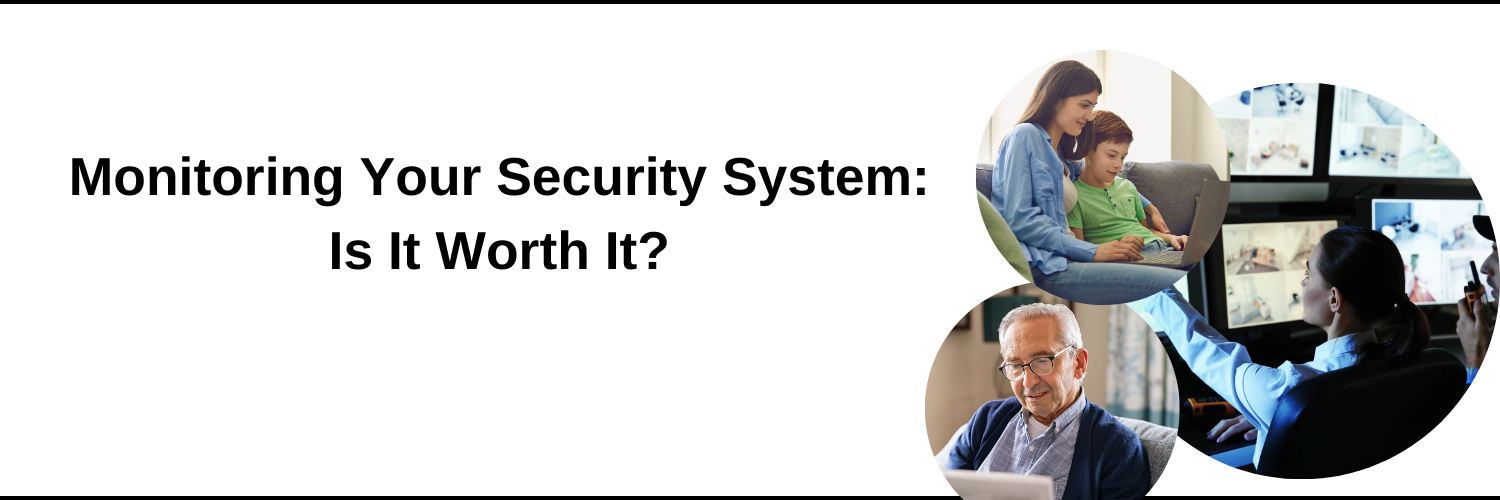Whether you’re fast asleep in your bed in Raleigh or traveling away from home, knowing your home security system will work the way you expect is important.
One expectation most people have for home or business security systems is a response to the alarm — no matter what time it occurs. 24-hour security monitoring means authorities will be notified as needed when the alarm is activated at your home or office.
Monitoring isn’t just to alert the police or fire departments. There are other advantages to including 24-hour monitoring as part of your security system:
True Protection — Some homeowners assume a burglar alarm making a lot of noise is enough protection. But actually, home alarms are often ignored by people nearby, who assume it is going off by accident.
Fires — Because they provide automatic response, monitored smoke detectors and heat sensors can save lives and limit property damage. This is especially important if you use many Lithium-ion batteries; some insurance companies now require homeowners to have a monitored security system with a smoke/heat sensor in the garage if an EV charger is installed. Read more about sensors here.
Leaks — While not as urgent as a fire or break-in, a gas or water leak can cause serious problems in your home. Monitoring systems can be set up to alert you in these instances – or even to let you know if there is a power outage and your freezer is no longer on.
Assistance — Monitoring systems can also be used to send notifications to people if you need help – in case of a fall or other personal accident.
Insurance —Most insurance companies will offer a discount when a customer’s home security system is monitored.
Peace of mind — Monitoring means someone is always keeping watch over your home or business. Many security system clients say that monitoring offers peace of mind, making it easier to sleep, both at home and while away.
How Monitoring Works
Secur-Tek, Inc. works with Affiliated Central to monitor your home or business. The team at Affiliated Central is CSAA Five Diamond Certified and uses the most up-to-date technologies. The company has installed a redundancy system for its telephone and automation, ensuring dependability.
When contacting a security company to keep your home or business safe, be sure to check their terms and confirm that you are receiving the service you deserve.
Secur-Tek’s North Carolina service area includes Apex, Cary, Fuquay-Varina, Chapel Hill, Clayton, Garner, Holly Springs, Durham, Raleigh, Morrisville, Pittsboro, and Wake Forest. If you are interested in a home security system or would like to add monitoring to your current system, please give us a call at 919-387-1800.


